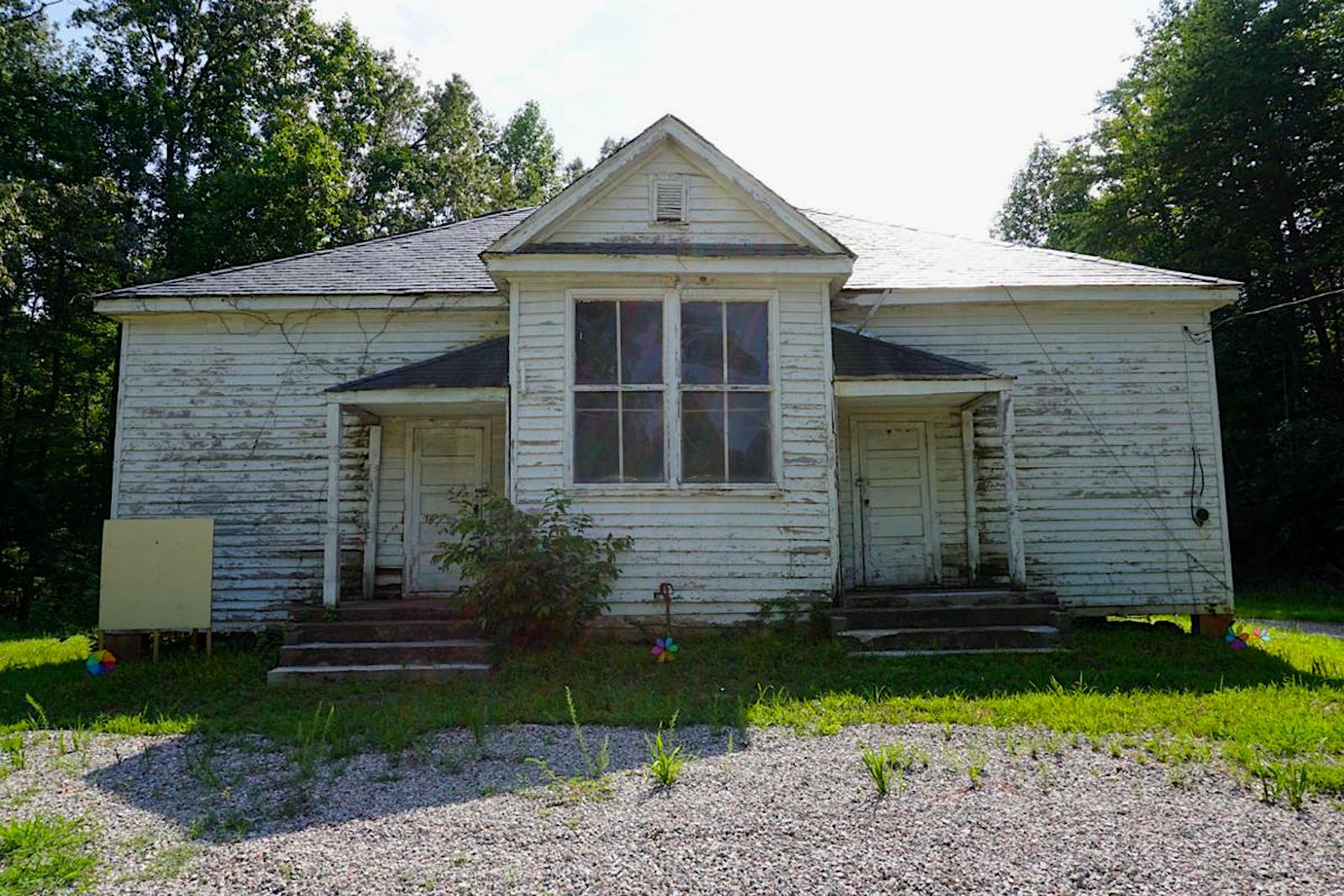NORFOLK, Va. — Vivian Monroe-Hester’s high school textbooks harbored hatred in their margins.
[mc4wp_form id=”6042″]
As a teenager at the all-black Booker T. Washington High School in segregated, 1960s-era Virginia, Monroe-Hester studied from used books passed along by white high schools. White students, knowing the texts’ final destination, scrawled their animus atop pictures, beneath paragraphs, between words.
“They would leave us messages that were not quite right,” said Monroe-Hester, 71, who still lives in her hometown of Norfolk. “Racial things. Pictures of body parts.”
But that’s not what she remembers — what she chooses to remember. Instead, Monroe-Hester recalls the joyful lunches, shared outside because the cafeteria was much too small; the 40-minute “forever” hike to school, worth it for a “world-class education”; the persistent teachers who persuaded her to attend college despite her self-doubt.
“It was the foundation that I believe brought my life together,” Monroe-Hester said. “More than me, Booker T. helped build the city (of Norfolk) — provided the labor force, the professionals, the lawyers — and that’s why it’s such important history.”




You must be logged in to post a comment.